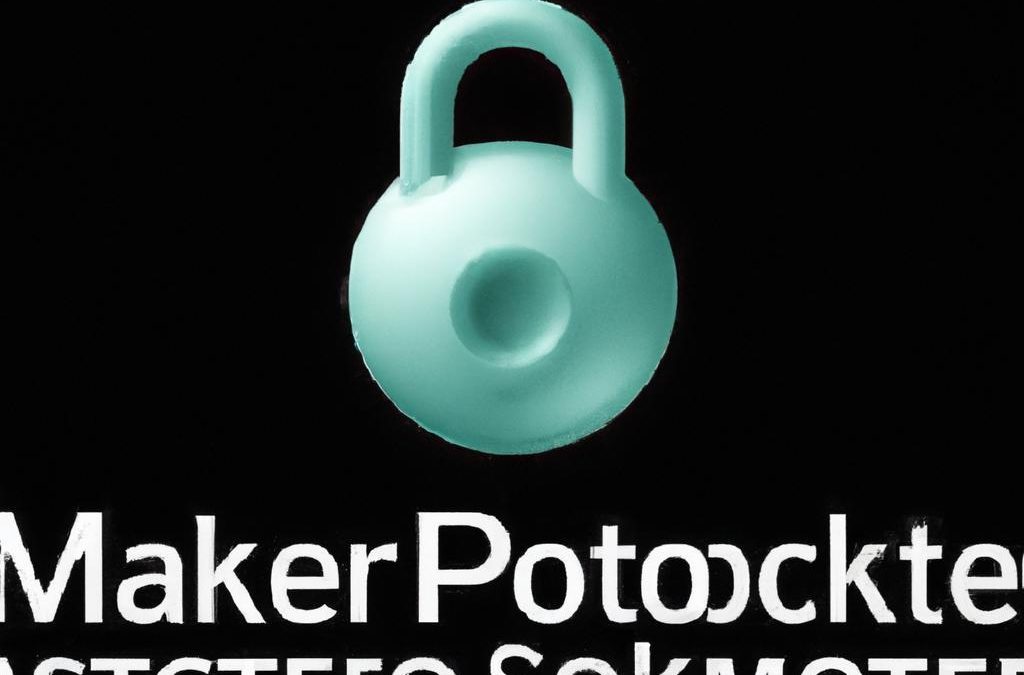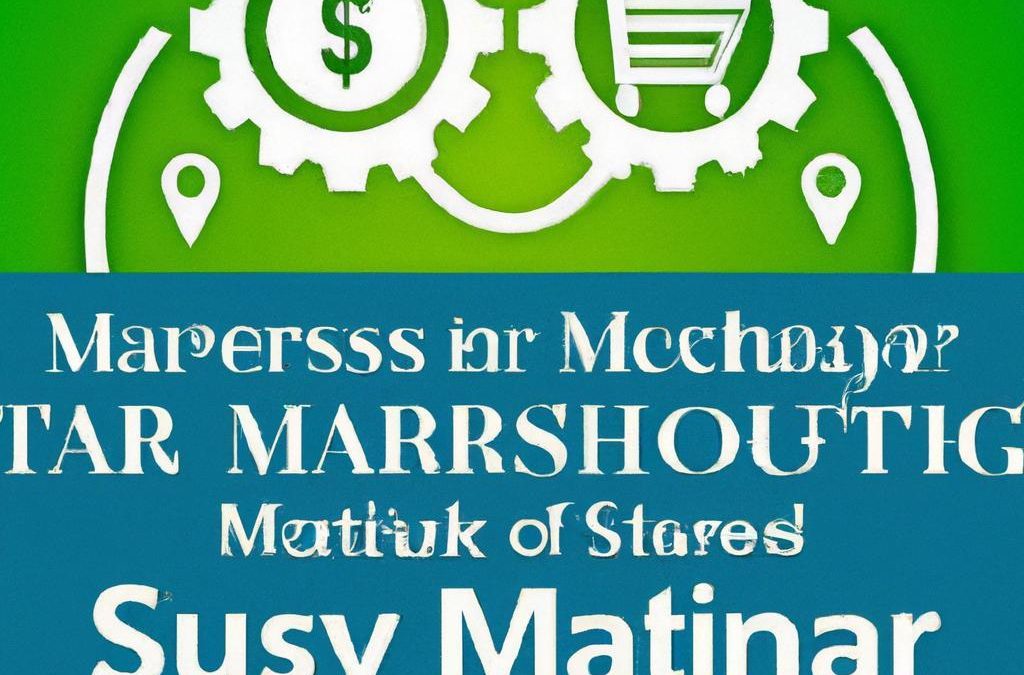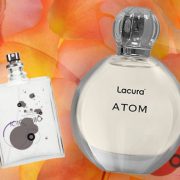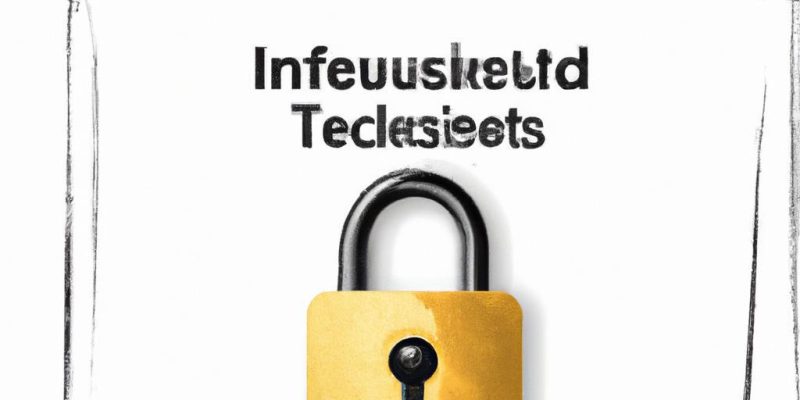
In a world brimming with choices at every corner, making informed shopping decisions has never been more essential. With the rise of online marketplaces and an endless array of products at our fingertips, consumers often find themselves caught in a whirlwind of options, advertisements, and persuasive marketing tactics. But beneath the surface of every purchase lies a complex web of origins—materials, labor, and sustainability—that can profoundly impact both our conscience and the planet. This article delves into the importance of understanding these origins, offering essential tips to help you navigate the often-overlooked aspects of your shopping journey. By equipping yourself with knowledge, you can unlock the secrets behind the products you choose, fostering a more intentional and responsible approach to consumption. Join us as we explore the pathways to becoming a savvy shopper, one informed decision at a time.
Exploring the Story Behind Your Products for Smarter Choices
Understanding the narrative behind your products can transform your shopping experience into a journey of discovery. By delving into the origins of what you buy, you not only gain insight into the quality and ethics of your purchases but also make choices that resonate with your values. Consider the following aspects when exploring product stories:
- Source Transparency: Investigate where your products come from and who makes them. A brand that openly shares its supply chain demonstrates accountability.
- Materials and Ingredients: Look for detailed information about the materials used. Sustainable or ethically sourced materials often contribute to a healthier planet.
- Craftsmanship: Take note of the craftsmanship involved. Handmade or artisan products often carry a story of dedication and skill.
- Company Practices: Research the company’s values and practices. A commitment to fair labor and environmental sustainability can enhance your shopping choices.
To further aid in your quest for knowledge, consider familiarizing yourself with labeling and certifications that provide additional context. For instance, organic or fair-trade labels can be indicators of a product’s integrity. Below is a simple reference table outlining common certifications:
| Certification | Meaning |
|---|---|
| Organic | Products grown without synthetic pesticides or fertilizers. |
| Fair-Trade | Ensures fair wages and working conditions for producers. |
| GOTS | Guarantees organic textiles from farm to finished product. |
| LEED | Recognizes sustainable building practices. |
Each of these elements contributes to a more informed buying decision, allowing you to align your purchases with personal ethics and lifestyle choices. By engaging actively in the storytelling of products, you empower yourself to support brands that not only serve your needs but also stand for causes that matter to you.
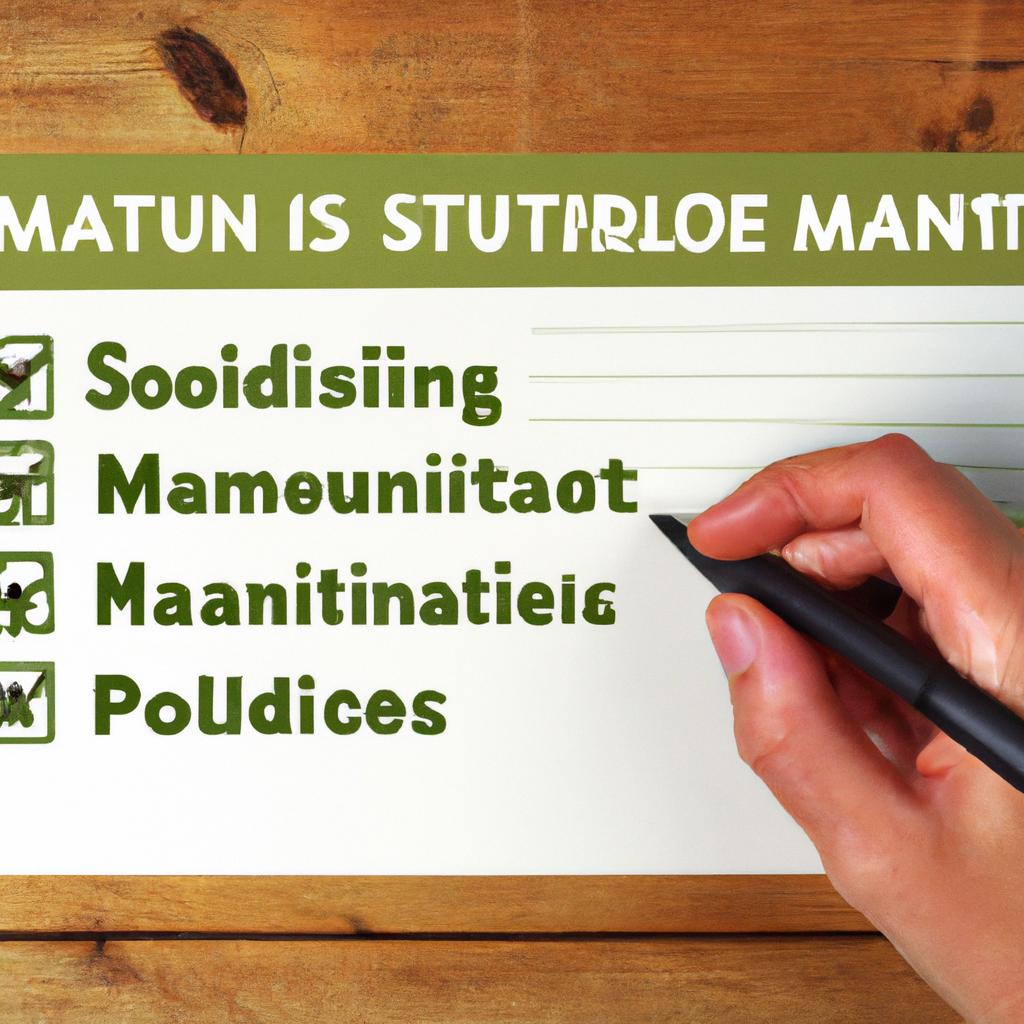
Navigating Ethical and Sustainable Options in Todays Marketplace
In an era where conscious consumerism is on the rise, making informed shopping decisions requires a keen understanding of the marketplace’s landscape. Consumers are increasingly faced with choices that not only influence personal health and satisfaction but also have lasting effects on the environment and society. It’s essential to delve deeper into the **stories behind the products** we purchase. By focusing on the origins of goods, you can empower yourself and help **promote ethical practices**. Here are some strategies to consider when seeking out responsible brands:
- Research Brand Values: Investigate companies’ missions and values through their websites and third-party resources.
- Look for Certifications: Check for labels or certifications that signify ethical production, such as Fair Trade or Organic.
- Prioritize Local Products: Whenever possible, buy from local artisans or stores to reduce carbon footprints.
Transparency is a hallmark of ethical brands. Many companies are now providing detailed information about their supply chains, making it easier for shoppers to understand where and how products are made. Consider utilizing a simple comparison guide to support your decisions:
| Brand | Certification | Local Sourcing |
|---|---|---|
| EcoWear | Fair Trade | 100% Local |
| GreenHome | Certified Organic | 75% Local |
| CraftedGoods | No Certification | 50% Local |
By armoring yourself with knowledge of ethical choices available in today’s marketplace and diligently evaluating the brands you support, you can make a significant impact—one purchase at a time. Remember, every thoughtful decision contributes to a larger narrative of sustainability and responsibility in consumer culture.
In Conclusion
In a world where choices abound and information flows freely, being an informed shopper is more crucial than ever. As we’ve explored the intricate tapestry of product origins, ethical standards, and sustainability, it’s clear that understanding the backstory of our purchases empowers us to make choices that resonate with our values.
As you step into your next shopping experience, remember the insights gleaned from this journey. Approach each decision with curiosity and a keen eye—whether it’s scrutinizing labels, asking about sourcing, or simply seeking out brands that align with your principles. Your choices hold the power to drive change, support responsible practices, and foster a marketplace rooted in integrity.
So, as you navigate the aisles, both virtual and physical, let this knowledge be your compass. By unlocking the origins of what you buy, you become a catalyst for a more informed, sustainable future. Happy shopping, and may your decisions reflect both your needs and your beliefs in this ever-evolving landscape of commerce.


